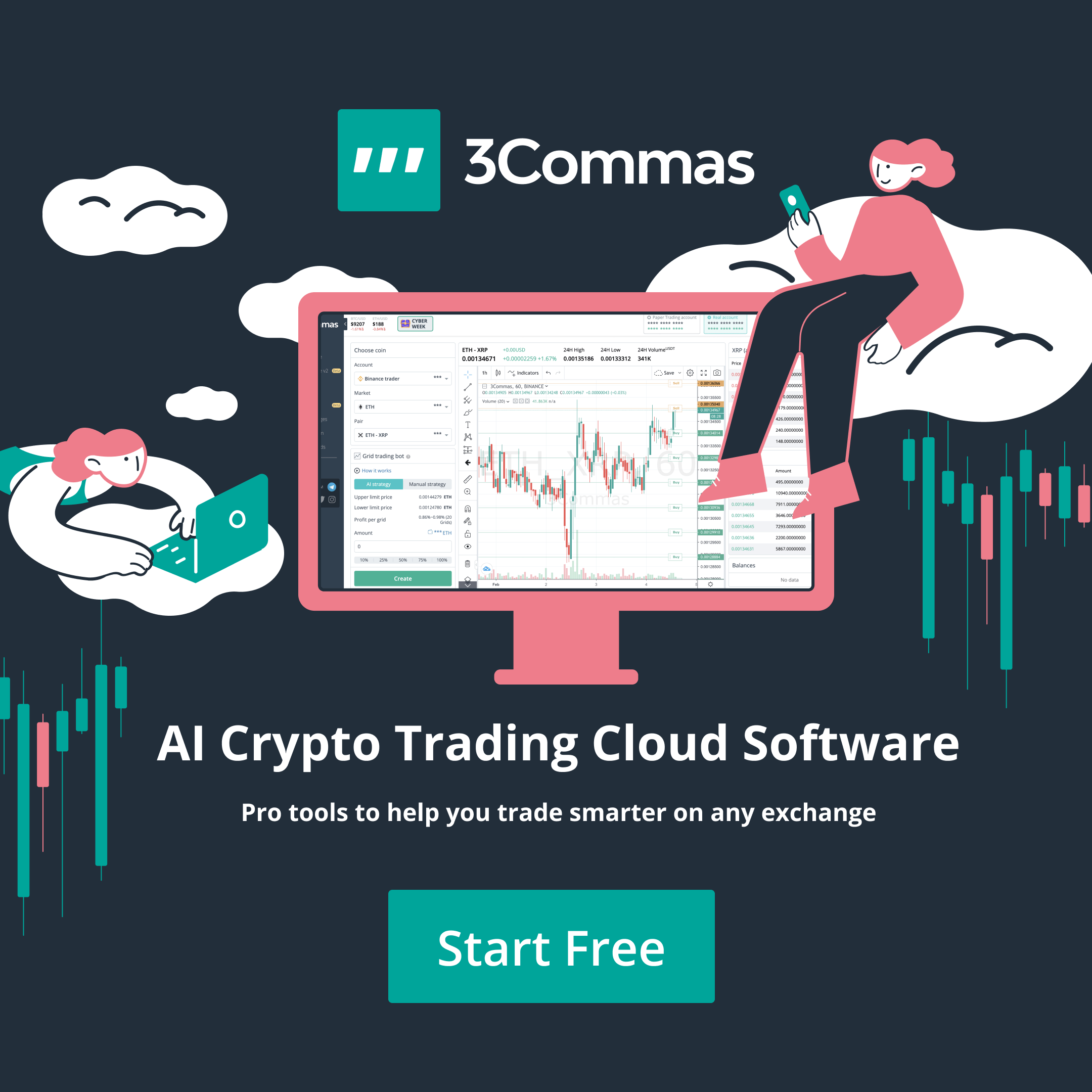
When one thinks of blockchain technology, cryptocurrencies like Bitcoin and Ethereum often come to mind first. However, the reality is that blockchain’s potential extends far beyond the realm of digital currencies. As a distributed ledger technology, blockchain brings an immutable, secure, and traceable system that offers numerous applications across various sectors. One such industry that stands to benefit significantly from this technology is supply chain management.
Supply chain management encompasses all the activities and processes involved in producing and delivering a product – from the sourcing of raw materials to the distribution to the end consumers. However, traditional supply chains often face issues like lack of transparency, inefficient tracking, counterfeiting, and miscommunication among different parties. That’s where blockchain comes in. By utilising blockchain technology, companies can enhance their supply chains in several ways:
- Improved Traceability: Blockchain provides an immutable record of transactions, which helps in creating an end-to-end traceability system for products. This ensures that consumers and businesses alike can verify the authenticity and origin of the products, enhancing accountability and trust in the process.
- Increased Transparency: Throughout a product’s journey, every transaction or data exchange is recorded on the blockchain, bringing unprecedented transparency to the supply chain. This can help protect against fraud and counterfeiting while also promoting ethical and sustainable practices by businesses.
- Enhanced Efficiency: The real-time, decentralized nature of blockchain can streamline processes by reducing paperwork, eliminating unnecessary intermediaries, and speeding up the transaction process.
Given these potential benefits and the recent surge in blockchain adoption by businesses across the world, this article aims to delve deeper into the intersection of blockchain and supply chain management. We will discuss current applications, future possibilities, and prominent cases of companies leveraging blockchain in their supply chains. By the end of this exploration, the transformative potential of blockchain in modern supply chains will hopefully be crystal clear to audiences. Regardless of whether you’re a blockchain enthusiast, supply chain professional, or a curious reader, the information ahead promises a rich understanding of a new tech frontier.
Page Contents
Real-World Applications of Blockchain in Supply Chain Management
As blockchain technology becomes increasingly accessible, companies across various industries are beginning to realise its potential for supply chain management. From food safety to pharmaceutical traceability, blockchain is helping businesses to enhance their operations and overcome numerous supply chain challenges. Below are several pertinent examples of real-world blockchain applications:
- Food safety: Walmart has partnered with IBM to develop a blockchain-based system to track the origins of fresh produce and other food items. This system enhances food safety by enabling quicker recalls in the event of contamination, thus protecting consumers and promoting trust.
- Pharmaceuticals: International pharmaceutical company Merck has turned to blockchain to ensure the traceability and authenticity of its drug products, helping to mitigate the global problem of counterfeit medications and protect patients.
- Luxury goods: French luxury brand conglomerate LVMH has launched a blockchain-powered platform called AURA that guarantees product authenticity, protecting both the brand’s reputation and consumers against counterfeits.
- Automotive industry: Automotive giant BMW has partnered with blockchain start-up VeChain to implement a traceability system for verifying the source of automotive components, enabling transparency and ensuring corporate social responsibility.
The Power of Smart Contracts in Supply Chain Management
One of the most prominent aspects of blockchain technology that holds significant potential for supply chain management is the smart contract. Smart contracts are self-executing agreements with the terms of the contract directly written into the code. They provide a reliable and automated system for executing various transactions, offering immense benefits for supply chain efficiency and workflow optimization. For example, smart contracts can be used for automating payment processes, releasing funds only when predefined milestones are met. By leveraging smart contracts, businesses can streamline their operations, reduce disputes, and increase trust between parties involved in the supply chain.
Integrating IoT and Blockchain in Supply Chain Management
Another exciting development in supply chain management is the integration of blockchain technology with the Internet of Things (IoT). IoT devices like sensors, RFID tags, and GPS tracking mechanisms can capture and transmit data in real-time and securely store it on the blockchain. This combination enables enhanced traceability, improved security, and greater automation in supply chain management. With IoT devices and blockchain working hand in hand, businesses can monitor the condition, location, and history of their products more accurately and efficiently. This integration paves the way for an intelligent and automated supply chain ecosystem that minimizes human intervention and the associated risks.
Challenges and Considerations for Blockchain Adoption in Supply Chain Management
Despite the numerous benefits that blockchain technology offers for supply chain management, several challenges and considerations must be addressed before blockchain can become a widespread solution. Some of the potential obstacles to widespread adoption include:
- Scalability: The current iteration of blockchain technology, such as Ethereum, may not necessarily be scalable enough to process the extensive data generated by global supply chain operations.
- Interoperability: To fully realise the potential of blockchain in the supply chain, individual blockchain networks must be able to communicate and interact with one another seamlessly.
- Data privacy and security: While blockchain is generally considered more secure than traditional databases, concerns regarding data privacy, theft, and manipulation still exist and need to be adequately addressed.
- Legal and regulatory frameworks: The legal landscape surrounding blockchain and smart contracts is still relatively undefined in many jurisdictions. Businesses must navigate a complex regulatory environment when implementing blockchain solutions in their supply chains.
Conclusion
The transformative potential of blockchain in supply chain management is increasingly becoming evident. From improved traceability and enhanced transparency to the integration of smart contracts and IoT devices, blockchain technology stands to revolutionise the way businesses manage their operations. However, to unlock the full potential of this groundbreaking technology, it is essential for businesses to address the challenges and consider the implications of its adoption.
By embracing and adapting blockchain technology, supply chains can become more efficient, transparent, and secure. As we continue to witness the expansion of blockchain’s applications, we can anticipate a future where blockchain and supply chain management work in harmony, fostering a new era of innovation and growth. Subscribe to Crypto Newsmart now for important updates.








